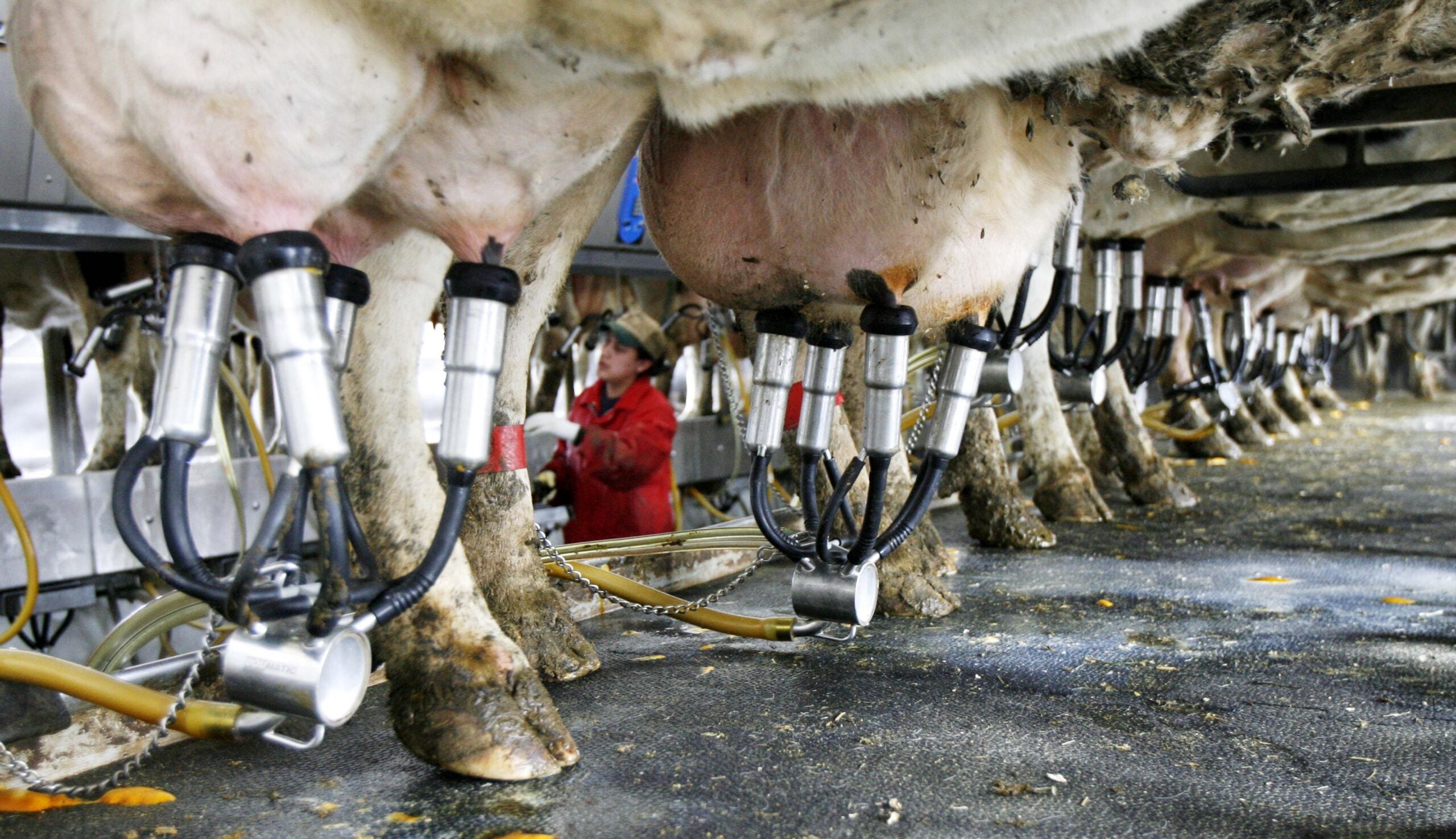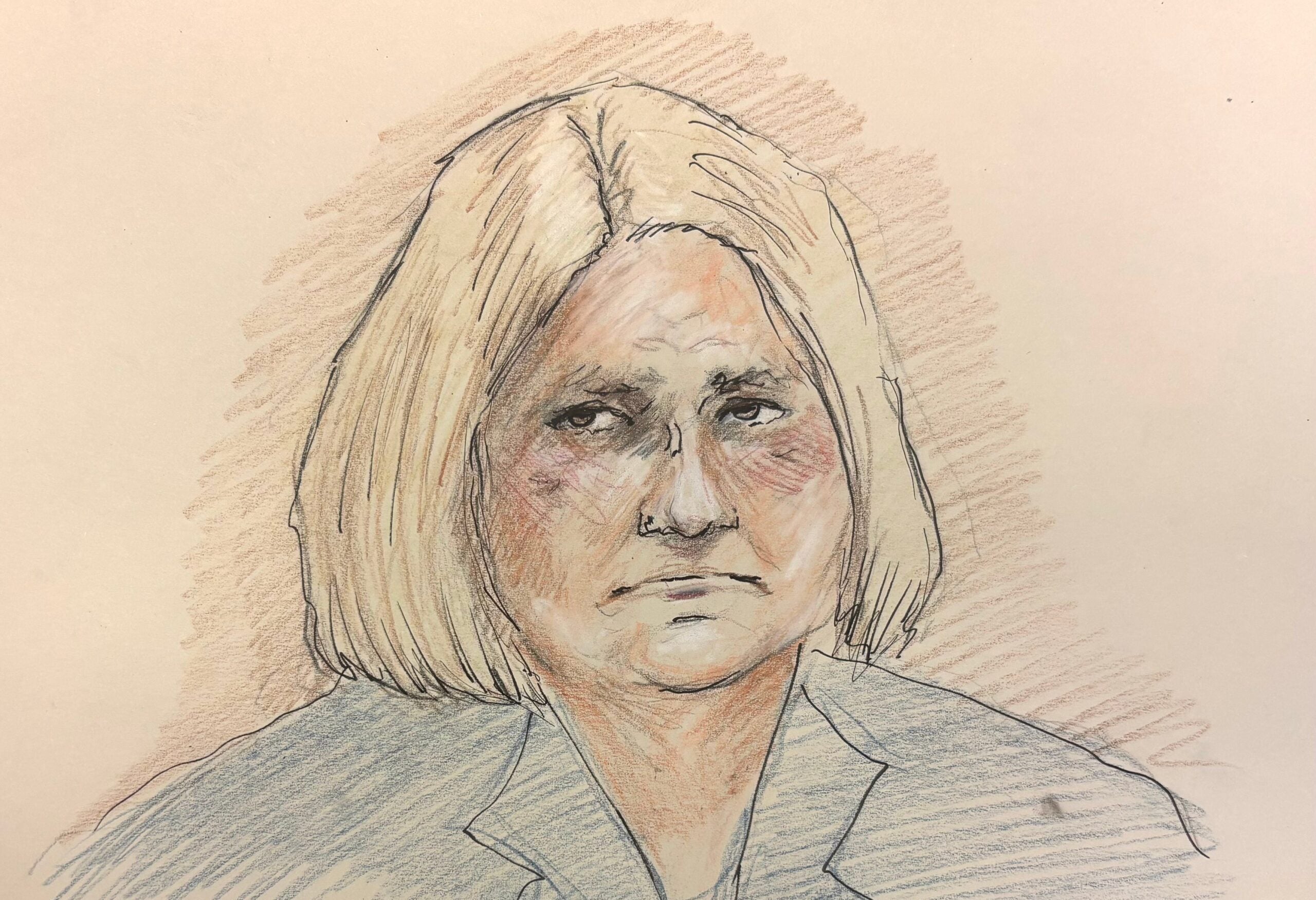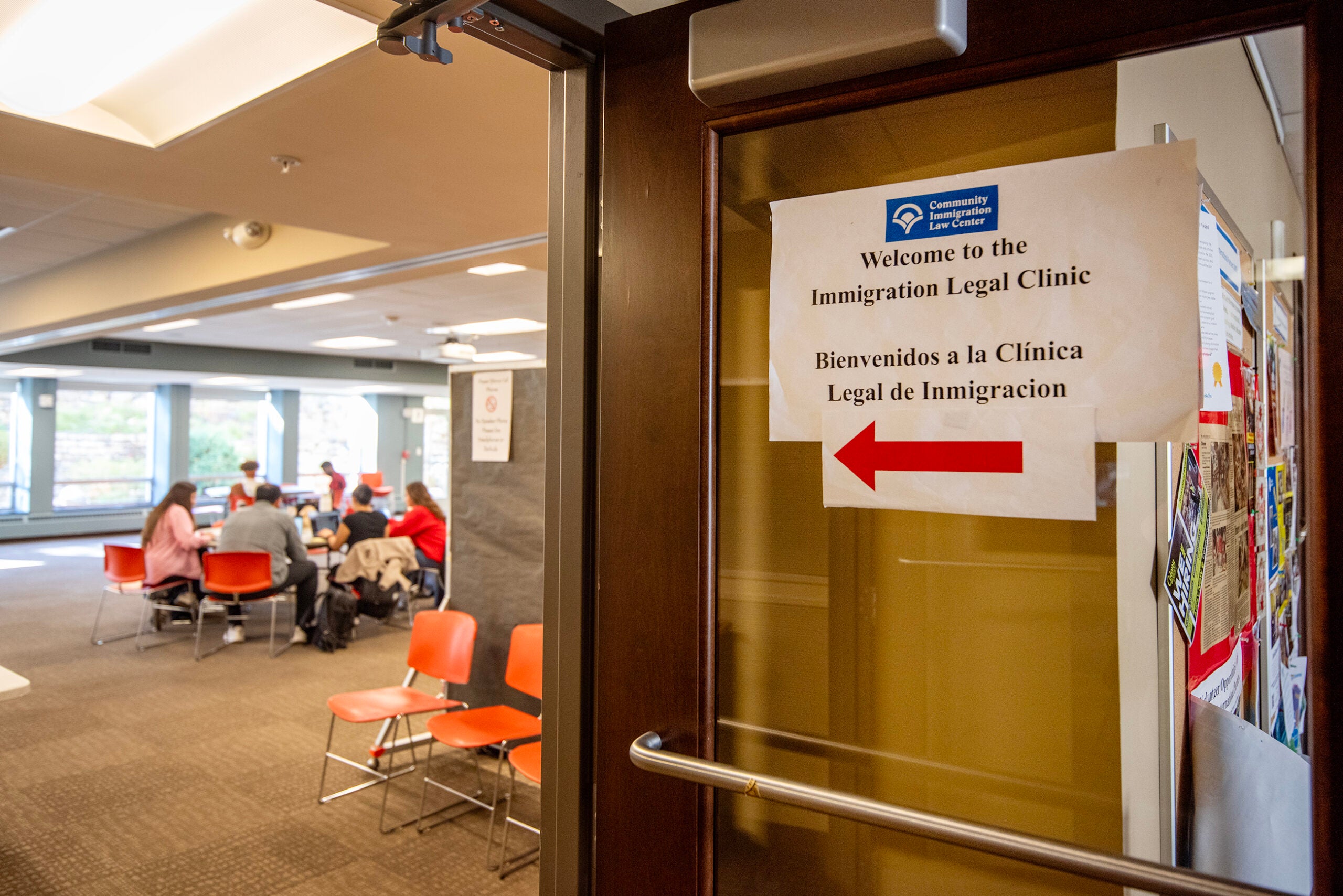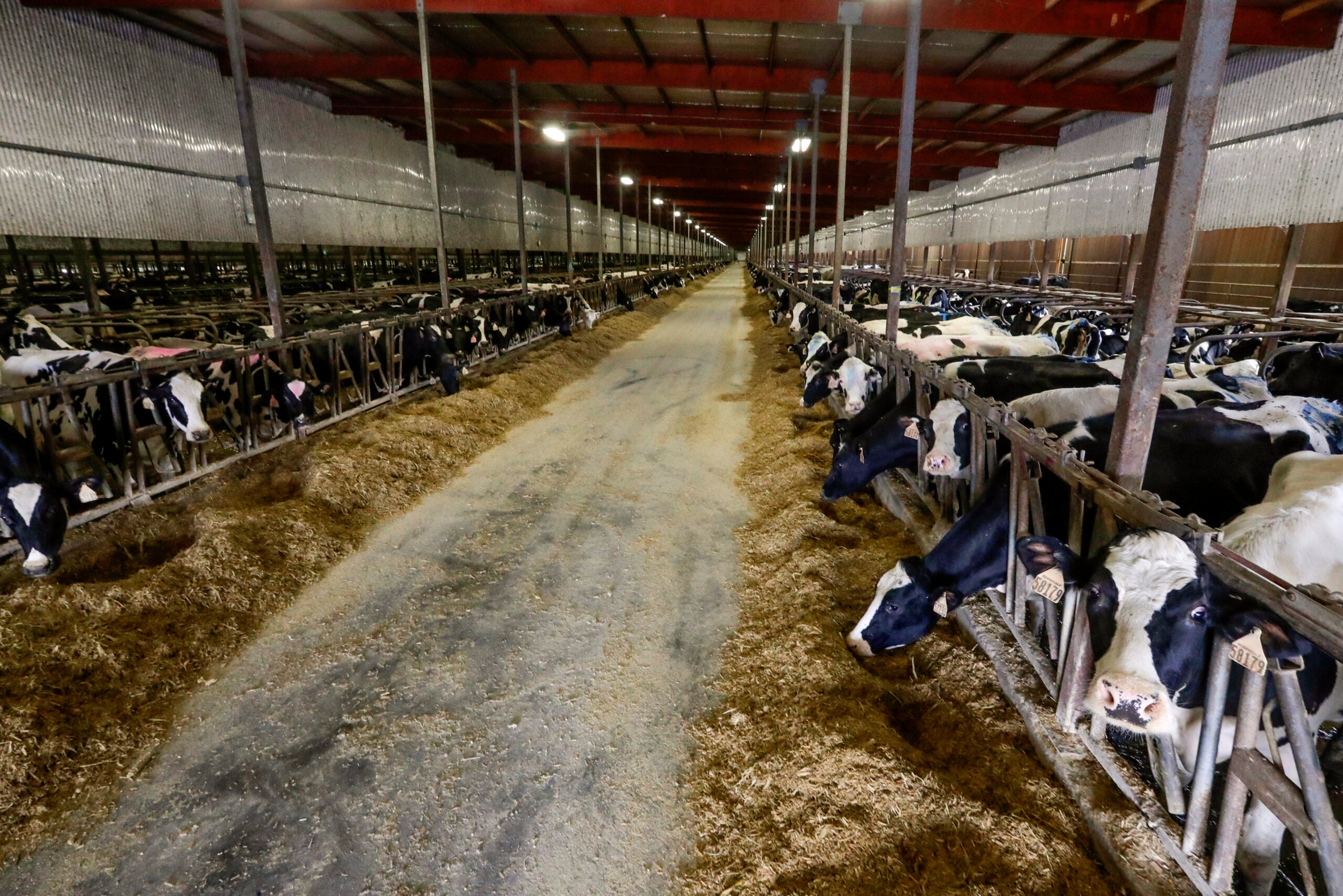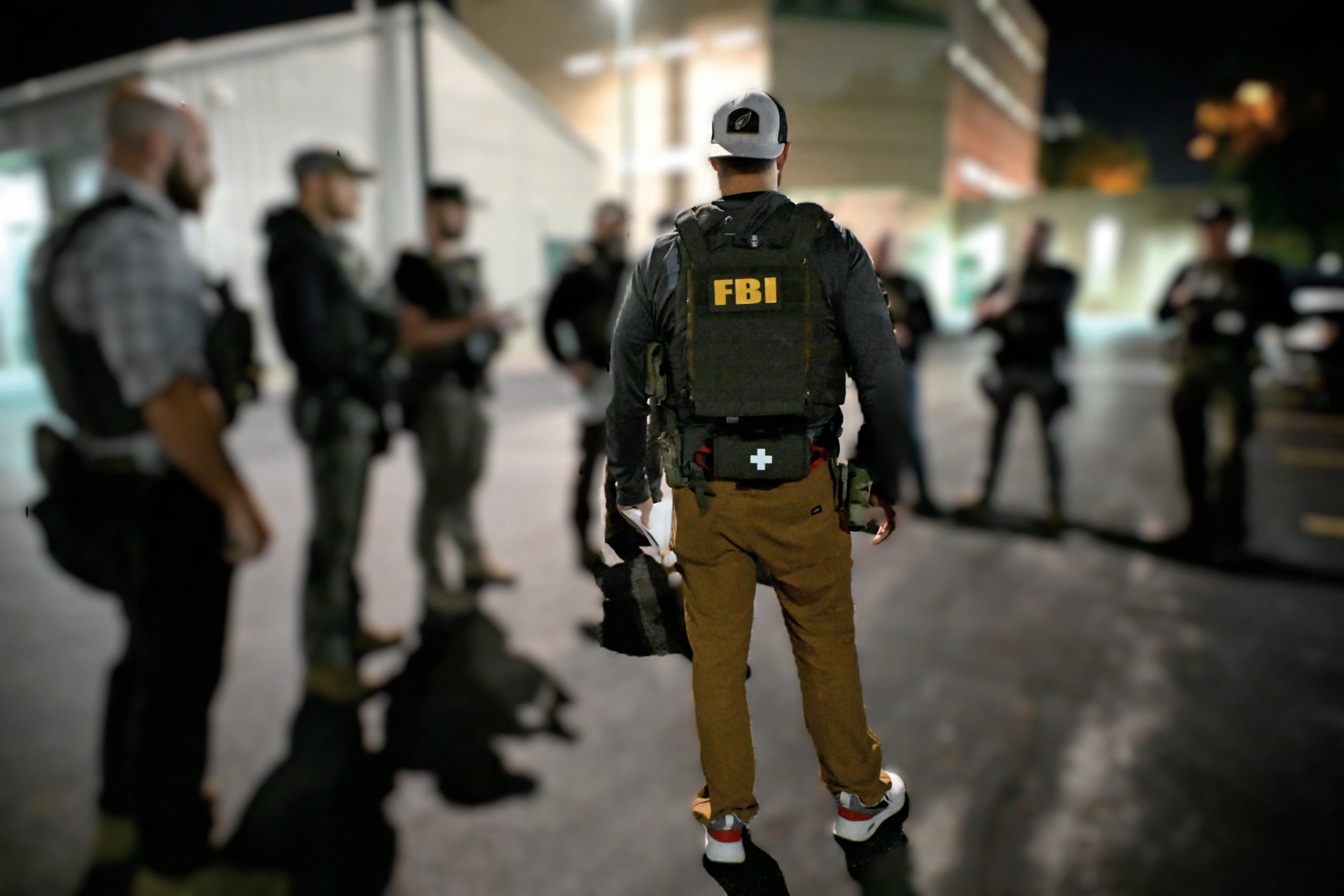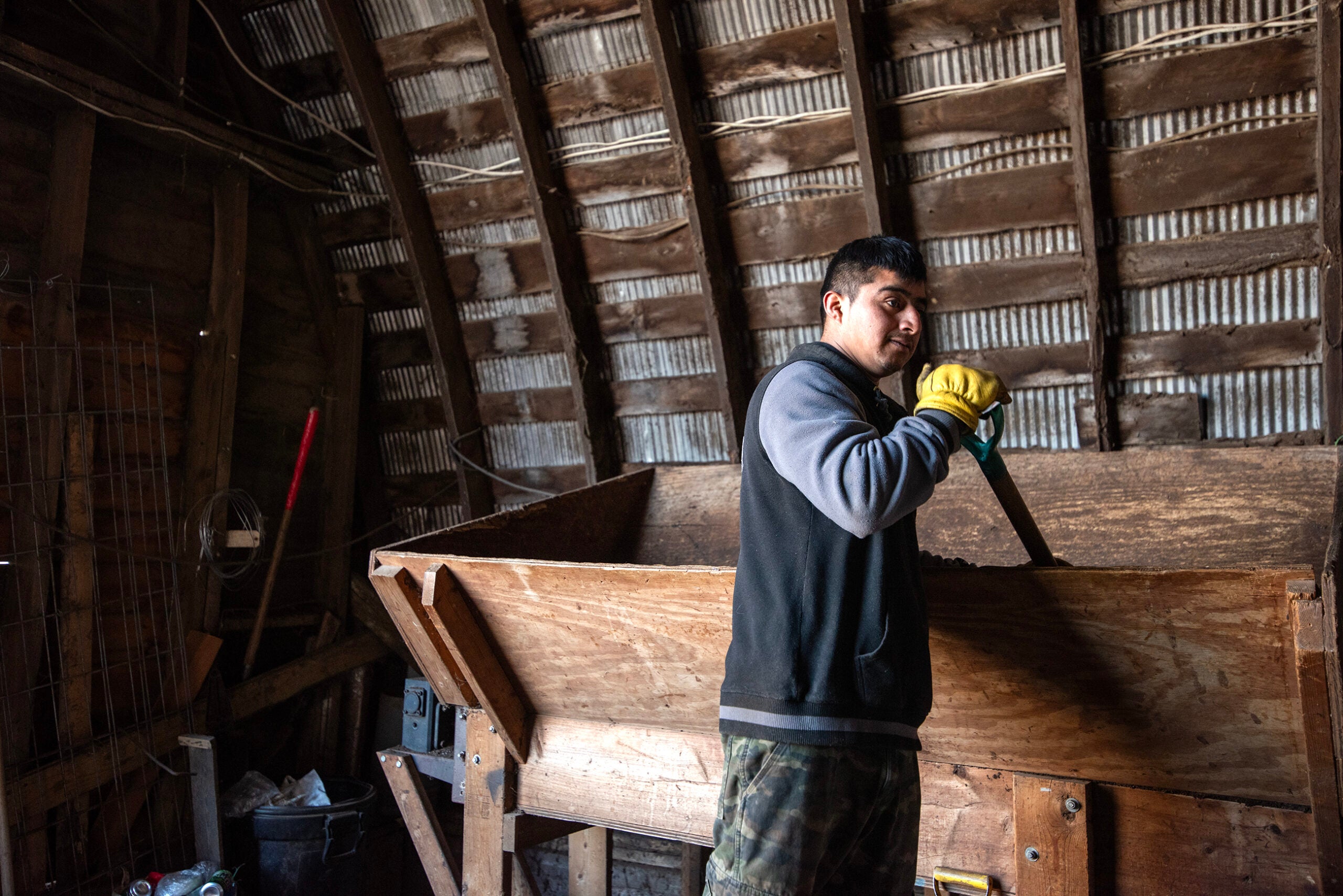On many Wisconsin dairy farms, immigrant workers are the backbone of day-to-day operations.
But some in the state, and nation, question the legality of immigrant workers — some of whom are living and working in the county without documentation.
This sentiment came to a head in September when U.S. Immigration and Customs Enforcement conducted a four-day operation in Wisconsin. They visited 14 Wisconsin counties and arrested 83 people they referred to as “immigration violators” and “criminal illegal aliens.”
Dave Gorak, executive director of the La Valle-based Midwest Coalition to Reduce Immigration, called the arrests justified, adding that U.S. Immigration policy is immoral and reckless, forcing immigrants to compete with American workers.
“It forces the most vulnerable people in our society, those people who have little education and few skills — working poor — to compete with foreign workers who have few skills and little education,” he said. “We’re very pleased that ICE did what they did, and we want to see more of it.”
Gerardo Licón is an assistant professor of Latin American Studies at the University of Wisconsin-Eau Claire and a board member with El Central de Conexión de Chippewa Valley, an Eau Claire area nonprofit that started in 2010. He said the group focuses on building relationships with the growing Latino population and those living in the Chippewa Valley, especially police. That relationship helps the community prepare for a situation like September’s arrests. But Licón said ICE agents didn’t alert local law enforcement prior to the arrests.
“We didn’t know who was being picked up, where they were being kept. We didn’t even know if this was really ICE or some people kidnapping the most vulnerable in our community,” he said.
John Rosenow is a dairy farmer in Buffalo County. He hires immigrant workers to do everything, from driving and fixing tractors to milking and delivering cows. He said without their help, he would go out of business.
“I would no longer be able to milk cows. It would destroy my life,” he said.
Rosenow requires documents proving citizenship before hiring workers. He said refusing genuine-looking documents could result in a hefty fine by the federal Office of Special Counsel for Immigration-Related Unfair Employment Practices.
“It’s in my best interest to look at the documents, and if they appear real, to accept them,” he said.
In January, Rosenow will make his 10th trip to Mexico to visit the families and villages of where his employees are from. He said he needs to understand culture and language to be a great employer.
Roberto Tecpile is one of 10 immigrant workers at Rosenow’s farm. He’s from Astacinga, in the Mexican state of Veracruz and sends money home to his wife and three children every paycheck.
“I work hard for them. It’s kinda hard to be without family, but we never give up,” Tecpile said.
Tecpile has been working for Rosenow for the past four years. His long work week includes everything from milking cows to working as an electrician. He’s already spent 20 years in the U.S. working for his family and is saving money to open a business of his own — hopefully a bakery or grocery store.
“I don’t know how long I’ll stay, but one day I’ll go home to the kids,” said Tecpile.
He said ICE could’ve put this all on hold.
“Some people I know go for two months, for six months. They stay in the jail and then go home,” Tecpile said. “If they come, I don’t know what we’re going to do.”
Professor Licón said taking away the breadwinner of a family causes problems not only for the family, but taxpayers.
“The expense of the raids, the expense of detention, court expenses, but now social welfare trying to help these families too,” he said.
Licón said jobs like dairy farming are year-round, and these arrests have only hurt American families.
“All the people taken away were not people on welfare,” he said. “They were people working in local businesses, providing their labor to the local economy.”
Rosenow said he’ll continue to speak out for his employees.
“I think it’s really, really important in all of this stuff to understand these are real people. These are people we all need to know. It isn’t some statistic,” he said. “For me to sit silent — I can’t. I have to say something, because they are really wonderful people.”
According to the American Immigration Council, nearly 5 percent of Wisconsin residents are immigrants, and 22 percent are working in the farming and fishing industry.
– Taylor Pomasl
Episode Credits
- Hope Kirwan Host
- John Davis Producer
- Dean Kallenbach Interviewer
- Dave Gorak Guest
- Mireya Sigala Guest
Wisconsin Public Radio, © Copyright 2026, Board of Regents of the University of Wisconsin System and Wisconsin Educational Communications Board.

